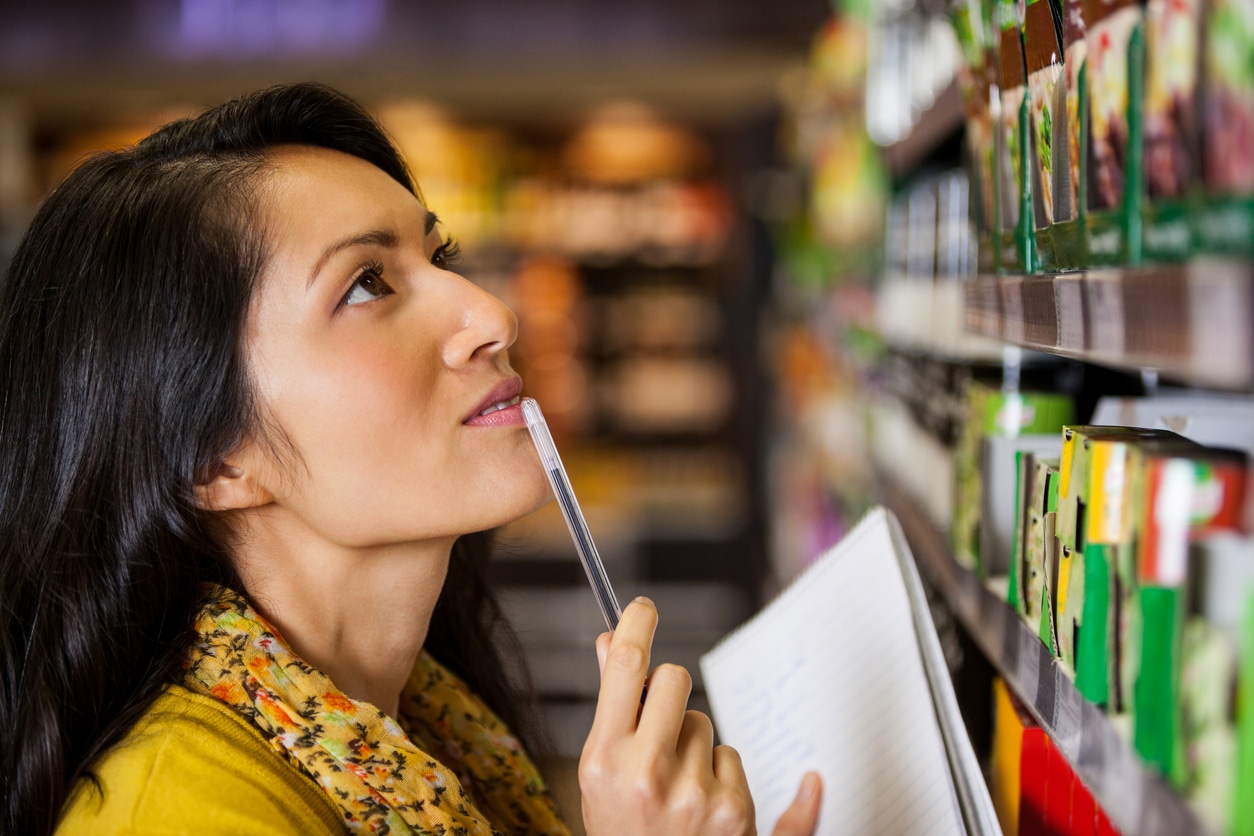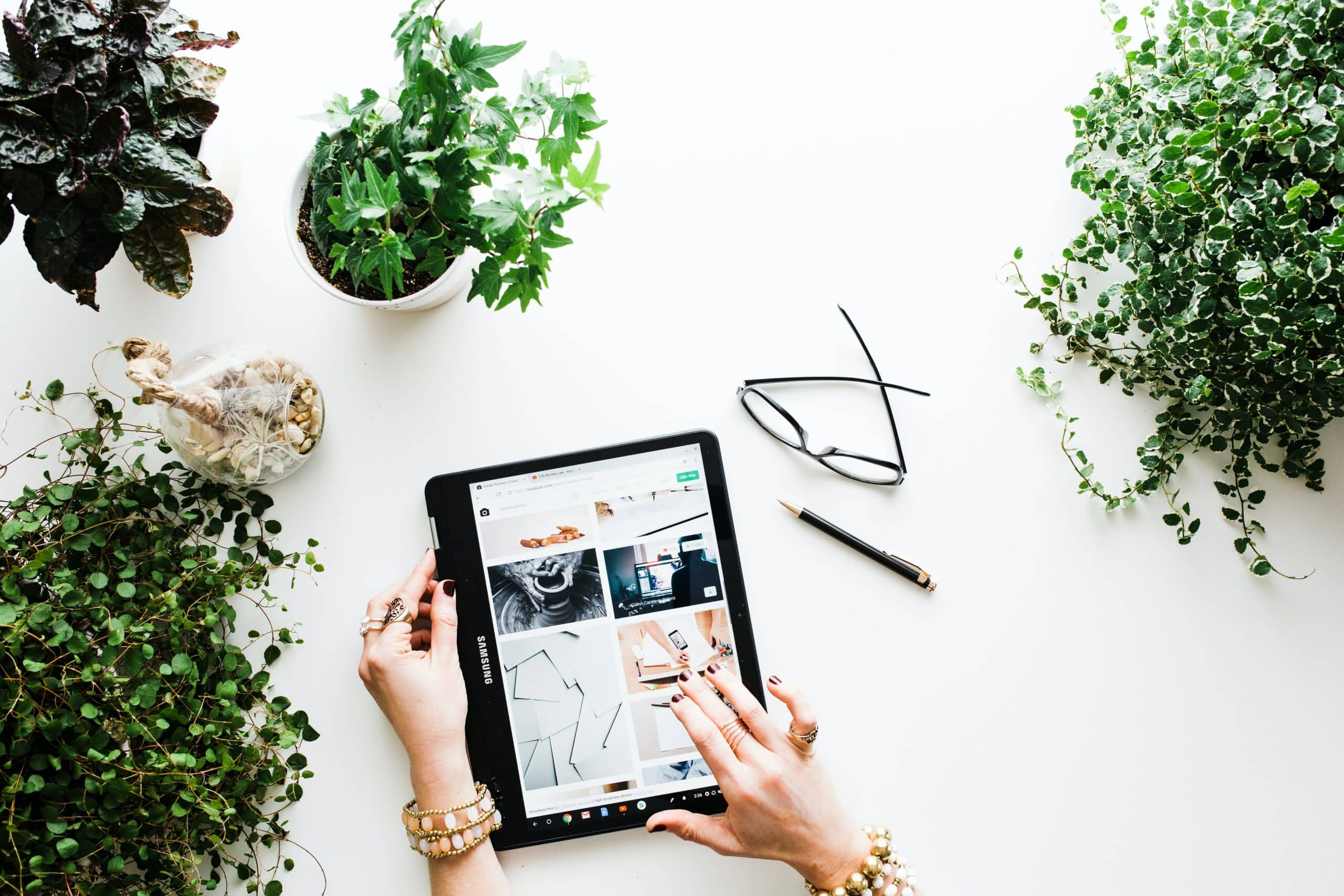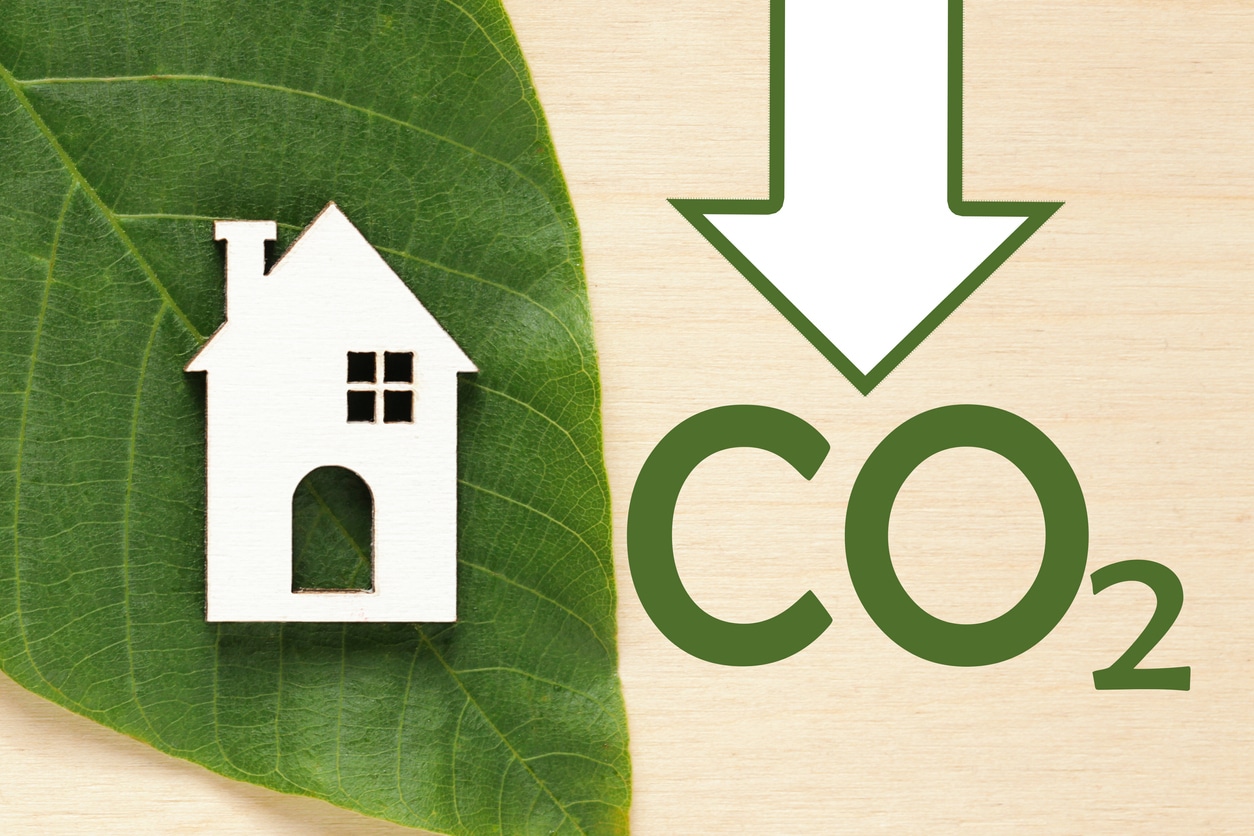
What Is the Most Eco-Friendly Habit You Can Adopt?
If you want to live more sustainably, but aren’t sure where to start, you aren’t alone. Lots of people have become interested in lowering their environmental impact in recent years. The problem is, they don’t always know what to do or what will make the most difference in their lives.
You might think you have to invest in renewable energy. Some believe the most eco-friendly thing they can do is grow their own food. Others think it’s breaking their plastic addiction. Maybe driving less or buying an electric vehicle will do the trick? Perhaps the most eco-friendly thing to do is ditching fast fashion? What about saving water? The options are limitless. So, what is the one eco-friendly habit we all need to adopt?
Most Eco-Friendly Habit
Well, first off, let me tell you…while all of those actions may be beneficial to both the planet and your wallet, the most eco-friendly habit you can adopt is to “think before you act”. By this I mean think of the planet. Think about how your action will have either a short- or long-term impact on the world around you.
Leaving the lights on, even when nobody is in the room, wastes money and uses energy you don’t need to use. Keeping the water running when washing dishes by hand uses a resource which, especially depending on where you live, is probably not as abundant as you might believe. Using a plastic water bottle, rather than a reusable water bottle, is a commitment you’re probably not ready to make, considering plastic water bottles can take up to 450 years to decompose in a landfill. Opting for a single-use product because it’s more “convenient” is only thinking in the here and now, but what happens to the product when you’re done? Making more food than you can eat may seem like a good idea when you’re hungry, but throwing the leftovers in the trash isn’t.
What you want to consider is how will my action affect the world around me? You don’t just want to think about yourself right in that one moment in time either. What I mean is using a disposable, plastic fork and knife may be your choice now but, unless the fork and knife are biodegradable, your one decision will have a longer-lasting impact. And yes, while you’re only one person, how many others around the world are making the same decision as you? It adds up.
Adopt this habit in the decisions you make
Think before you act, because it can help shape the decisions you make. If you’re going to live more sustainably, you have to think about how your action is going to impact the world around you.
Some people have already adopted this habit and, to them, it has become second nature. To others, newer to this concept, it may be a struggle at first, but once you get the hang of it, your eco-friendly thought process will happen with ease.
On the purchasing side of things, you might want to think about these before choosing what to buy:
- Do I really need the item I’m about purchase?
- Is it the most sustainable option available?
- Is there another solution for the problem I’m trying to resolve?
- How was the item made?
- What resources went into making it?
- Where was the item made?
- Is there a local option?
- What happens to the item when I’m done using it?
- Can it be recycled, repurposed or reused?
Although there may be instances when you’re unable to afford the most sustainable option, it’s okay to choose another option. If you can’t afford to buy a low-flow showerhead or faucet, you can at least get an inexpensive aerator for each. You can also limit shower time, encourage family to turn off the water when brushing their teeth or lathering their hands and body, as well as only run your washing machine and dishwasher with full loads.
If food prices are getting you down, you might want to research some meal prep ideas which would not only allow you to eat at home, but help minimize food waste and still be healthy. You could also learn how to grow your own food. Even if you live in a small apartment, you can still grow food indoors. Composting is another action which helps minimize waste, provide nutrients to your garden and benefit the planet.
Worried about the harmful pollution your car generates on the drive to and from work? Well, you have many options here. Some people opt for buying a hybrid or electric vehicle. You can also opt for public transportation. You can carpool with co-workers or invest in a ridesharing program. Another viable option is to use a smog reducer like Green Plus® energy transition fuel. This additive is relatively inexpensive and it can help reduce the greenhouse gas emissions from your existing vehicle.
Needless to say, your small decisions add up. So, thinking before you act is an important part of sustainability.
MAKE THE Decisions Right for YOu
Don’t fool yourself, though, not everyone needs to make the same decisions as you. Some may have already made the decision (or change) you’re thinking of making and others may not be interested or ready.
For example, you may want to cut down on your electricity bills. You could do so by turning the lights out more often, getting a programmable thermostat or installing solar on your roof. Your co-worker might not be interested any of that. This could be because your co-worker already has solar panels on their roof. They also could have recently done a home audit to help improve their home’s efficiency. It could any number of reasons.
You might want to invest in reusable storage containers, so you can store leftover food without having to use plastic to do so. Your friend, on the other hand, might already have their own non-plastic food storage solution in place. They could even have a stock of reusable grocery bags you never knew they had.
Maybe you want to minimize the chemical pollutants in your home? You could do by making your own, non-toxic cleaners. You could air out your home more often in order to improve indoor air quality. In addition, you could be diligent when shopping for new items to bring into your home, so as to prevent bringing more harmful toxins in. Just because you want to do this doesn’t mean everyone else you know is willing to jump on board.
Regardless, you need to make the decisions right for you.
Just Think Before you act
If you just think before you act, you’ll be on the right track. Think of the impact your action will have on your budget. Consider the impact it’ll have on the environment. Weigh the impact on future generations. It doesn’t matter whether you initially adopt this habit to save money, you do it because you are worried about the impact you’re having on the environment or you simply want to be more eco-friendly in your daily routine, the key is thinking before you act.
Each of us will have an impact on the planet. That’s a given. Whether it’s a positive or negative impact is all up to us. Whether it’s big or small is also up to us. Start with yourself and your own actions. Once you’ve got this eco-friendly habit in place, the rest will start to happen naturally. Others will catch on, too.
Just imagine what the world would be like if we all adopted the habit of thinking before we act?



Post a comment